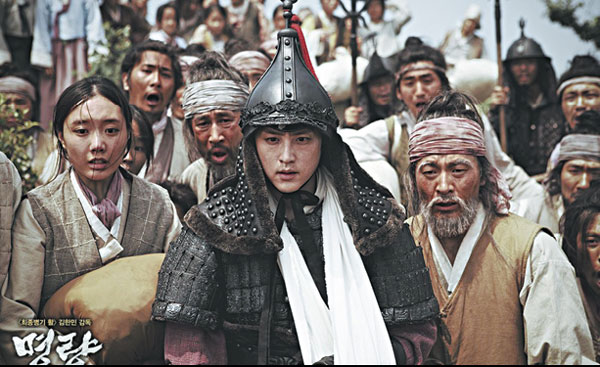South Korean movie set for China market test
Updated: 2014-12-04 07:13
By Xu Fan(China Daily USA)
|
|||||||||
The Admiral: Roaring Currents, a South Korean war epic that's likely to hit Chinese theaters on Dec 12, is an ambitious project aimed at making South Korean movies more appealing to Chinese moviegoers following a decade of slump in performance.
Set in then-unified Korea of 1597, the movie tells the story of a naval officer from the peninsula and his victory over an invading Japanese fleet of vessels. It became South Korea's biggest movie ever after its release in that country earlier this year.
The movie was originally meant to premiere in China on Nov 28, but the date was pushed further into the festival season that's considered a golden period for ticket sales, trade analysts say.
|
A poster for the South Korean war epic The Admiral: Roaring Currents; the film is likely to hit Chinese theaters on Dec 12. Provided to China Daily |
With Christmas, New Year and the Chinese Spring Festival celebrations lined up between this month and February, most big-budget productions are usually shown in China in the winter.
In two small screenings to industry people, critics and the media in Beijing last week, audience responses suggested that the movie would likely strike an emotional chord in China, a country that suffered Japanese aggression.
"The sea battle scenarios are very impressive, and the image quality is as good as some of the Hollywood blockbusters. It easily arouses audience admiration for the big hero, who rescues a country and its people by himself," says Tian Jinshuang, a veteran movie critic, who attended one of the screenings.
In the movie, the legendary Korean admiral Yi Sun-sin leads only a dozen ships that remained in his command to a miraculous win against more than 300 Japanese vessels. In an attempt to push his side to beat the enemy with a fight-unto-death determination, Yi burns off all the camps on the eve of the big battle at sea.
Several golden rules from the ancient Chinese strategist Sun Tzu (BC 545-470), such as "confront a person with the danger of death and he will fight to live", are widely used in scenes.
Some Chinese who may have seen the movie online earlier commented that it "touched" them on sites such as mtime.com.
"The feeling is universal. The biggest selling point of Roaring Currents is the ethnic emotions," Tian says. "China neighbors South Korea, and our countries have close connections in history and culture. The patriotism and ancient Chinese military strategies make Chinese moviegoers feel close to the movie," Tian says.
He believes the premiere date was changed to allow the movie to make a good profit.
Chinese director Gao Qunshu says he is impressed by the 61-minute sea battle.
"It's really surprising to know that the lead actors' pay cost only 10 percent of the entire budget, which means the director can use most of the money for constructing sets and on special effects," he says, "South Korean filmmakers have a good combination of Hollywood-standardized workflow and the market. We can learn from that."
The film starring Choi Min-sik became the highest-grossing movie of all time in South Korea, by hitting an unprecedented record of 17 million admissions and a box-office revenue of more than $120 million.
Since the Kang Woo-suk-directed Silmido led the rise of South Korean films in 2003, only 10 productions have reached the record admissions of more than 1 million.
There were more tickets bought to the war movie in that country than James Cameron's epic Avatar, fetching an official thumbs-up from South Korean President Park Geun-hye.
After her trip to a cinema, the president recommended the movie to all citizens of her country, according to a Xinhua News Agency report.
In the past 10 years, while South Korean TV series - especially from the romance genre - have become very popular with Chinese, more than 20 full-length feature movies have failed commercially at the box office.
Late Autumn, starring Chinese actress Tang Wei and South Korean actor Hyun Bin, grossed 67 million yuan on the Chinese mainland in 2010, making it the best South Korean act at the Chinese box office to date.
The worst was Shotgun Love, a romantic comedy that grossed only 500,000 yuan, according to a report by Shanghai-based Oriental Morning Post.
Meanwhile, the Hollywood science-fiction blockbuster Interstellar has earned nearly 700 million yuan in China since its release on Nov 12. The Admiral: Roaring Currents, however, may face a fiercer battle in Chinese theaters.
A source close to Korean conglomerate CJ Entertainment & Media, the movie's producers, says that the "strategic adjustment" in Chinese premiere dates is based on commercial concerns to reduce the competition with Chinese and Hollywood movies, Chinese media reports say.
xufan@chinadaily.com.cn
(China Daily USA 12/04/2014 page8)
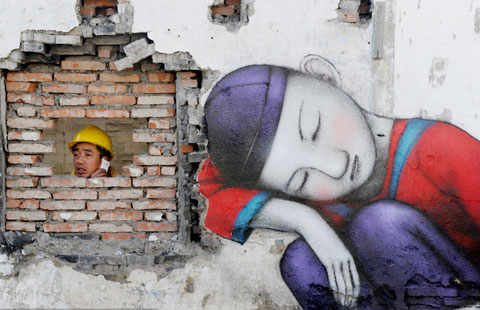
 Last artistic flourish in neighborhood to be demolished
Last artistic flourish in neighborhood to be demolished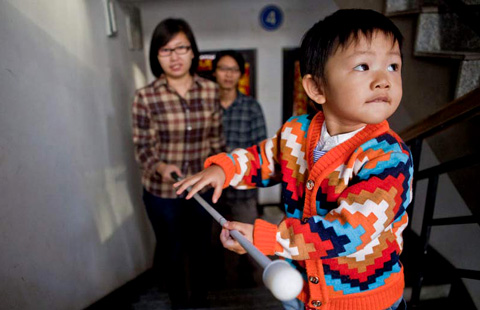
 Parents 'see' through the eyes of their child
Parents 'see' through the eyes of their child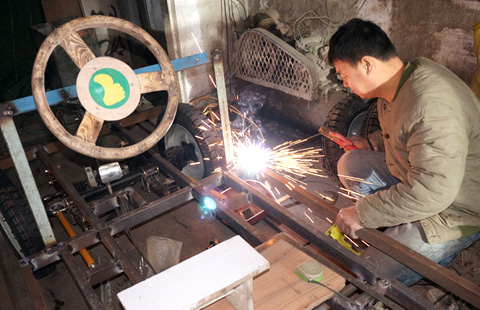
 Carpenter carves armored vehicle from wood
Carpenter carves armored vehicle from wood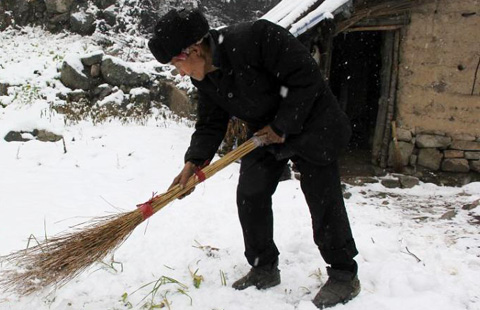
 Reclusive old men in the Qinling Mountains
Reclusive old men in the Qinling Mountains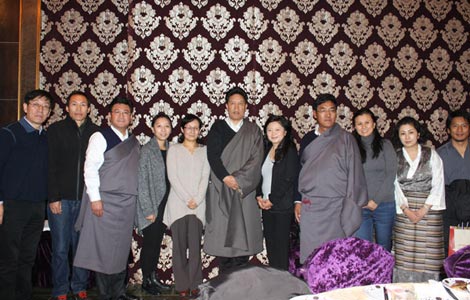
 Greetings from Tibet
Greetings from Tibet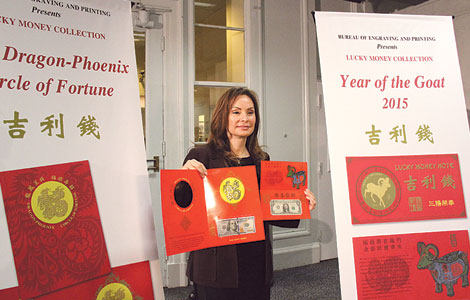
 A buck to the Year of the Goat
A buck to the Year of the Goat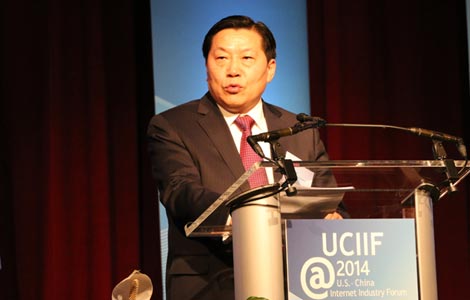
 China-US Internet Forum in DC
China-US Internet Forum in DC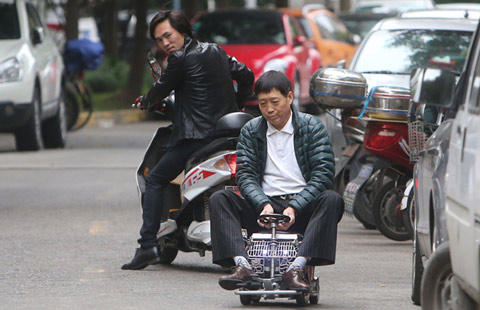
 Shanghai native creates mini car by hand
Shanghai native creates mini car by hand
Most Viewed
Editor's Picks

|
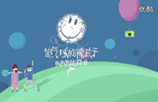
|

|
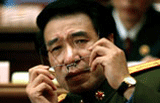
|
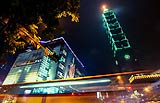
|

|
Today's Top News
Obama upbeat on future of US-China ties
Opening minds through film
Meet an original Bambi artist, 104
Gay dating app in China gains funding
US startup a good fit for China electronics player
93% of Chinese govt websites have security loopholes: report
2014 likely to be warmest year
Blending of cultures benefits world
US Weekly

|

|
